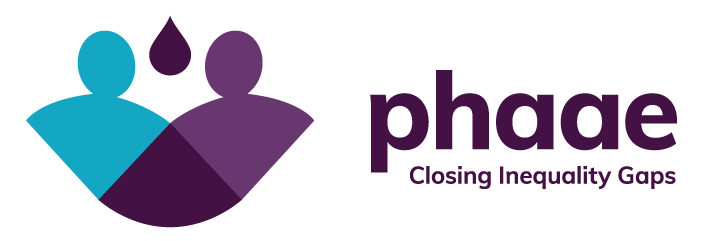Public Health Practice & Healthcare
By Uc-Okonmah
An obvious expectation about living in an urban or civilized community or society is that the living conditions will be basically healthy, unless something unusual happens, like water contamination, outbreak of a disease, people often assume the water they buy is safe to drink, the food they buy from a fast food restaurant is basically safe. The aspirin they take for a headache is what the label says it is, and they are not likely to be hit by a car or a bullet.
Public health is not easy to define or comprehend; even experts in this field have experienced difficulty defining it.
Charles-Edward A. Winslow a theoretician and leader of American Public Health during the first half of the 20th Century, defined public health in 1920 this way:
‘’ The science and the art of preventing disease, prolonging life and promoting physical health and efficiency through organized community efforts for the sanitation of the environment, the control of community infections, the education of the individuals in principles of personal hygiene, the organization of medical and nursing services for the early diagnosis and preventive treatment of diseases and the development of social machinery which will ensure to every individual in the community a standard of living adequate for the maintenance of health’’.
More Nigerians than ever are having access to healthcare thanks to the voices of advocates.
States throughout the nation are making significant progress in helping all kids to be immunized.
These brilliant spots indicate that Nigeria is heading down the road to better health—but they only begin to address the challenges many Nigerians continue to face in accessing good health. Significant gaps and unmet needs remain.
In very plain, easy to understand terms, Health Equity is when everyone (young or old, rich or poor, educated or not educated) has the opportunity to be as healthy as possible. Nigeria benefits when everyone has the opportunity to live a long, healthy and productive life, yet health disparities persist. A health disparity is a difference in health outcomes across subgroups of the population. Health disparities are often linked to social, economic and environmental disadvantages (e.g less access to good jobs, unsafe neighbourhoods, lack of affordable transportation options).
Unfortunately, this is a reality we at the PHAAE Organization understand all too well. We know that if you are poor, you are 21 percent or more likely to die from heart disease than if you are rich. If you live in the “ghetto” your life is an average of three years shorter than if you live in other high brow areas. And if you live below the poverty line, you are 25 percent more likely than higher-income Nigerians to develop hypertension.
‘’The object of all Health Education is to change the conduct of individual, men, women
and children by teaching them to care for their bodies well and this instruction should be
given throughout the entire period of their educational life’’
Chales H. Mayo
A way of better understanding Public Health and its functions is to compare and contrast it with medical practice.
Medicine is concerned with individual patients, public health on the other hand regards its community as its patients, trying to improve the health of a population.
Medicine focuses on healing people who are ill. Public Health focuses on preventing illness.
Assessment in Public Health is carrying out its core functions—Public Health –like a doctor with his/her patient’s access the health of their population, diagnose its problems, seek the cause of the problem and devises strategies to cure them.
Now Public Health has the responsibility of assuring that the services needed for the protection of Public Health in the community are available and accessible to everyone. This includes environmental, educational and basic medical services.
Public Health focus on prevention makes it more abstract than medicine and its achievement are therefore more difficult to recognize. A doctor who cures a sick person has achieved a real recognizable benefit and the patient is grateful. Public Health on the other hand cannot point to the people who have been spared illness by its efforts. As Winslow wrote in 1923. ‘’If we ad but the gift of second sight to transmute abstract figures into flesh and blood, so that as we walk along the street we could say ‘’That man would be dead of typhoid fever, ‘’that woman would have succumbed to tuberculosis’’, that rosy infant would be in its coffin’’—then only should e have a faint conception of the meaning of the silent victories of public health.’’
This ‘’silence’’ accounts in large part the relative lack of attention paid to public health by the politicians and the great public in comparison to medical care.
Effective public health programs saves money on medical costs in addition to saving lives. And moreover Public Health contributes a great deal more to the health of the population than medicine does.
In my next article, I will be writing on Public Health and Politics.
Sincerely Yours,
